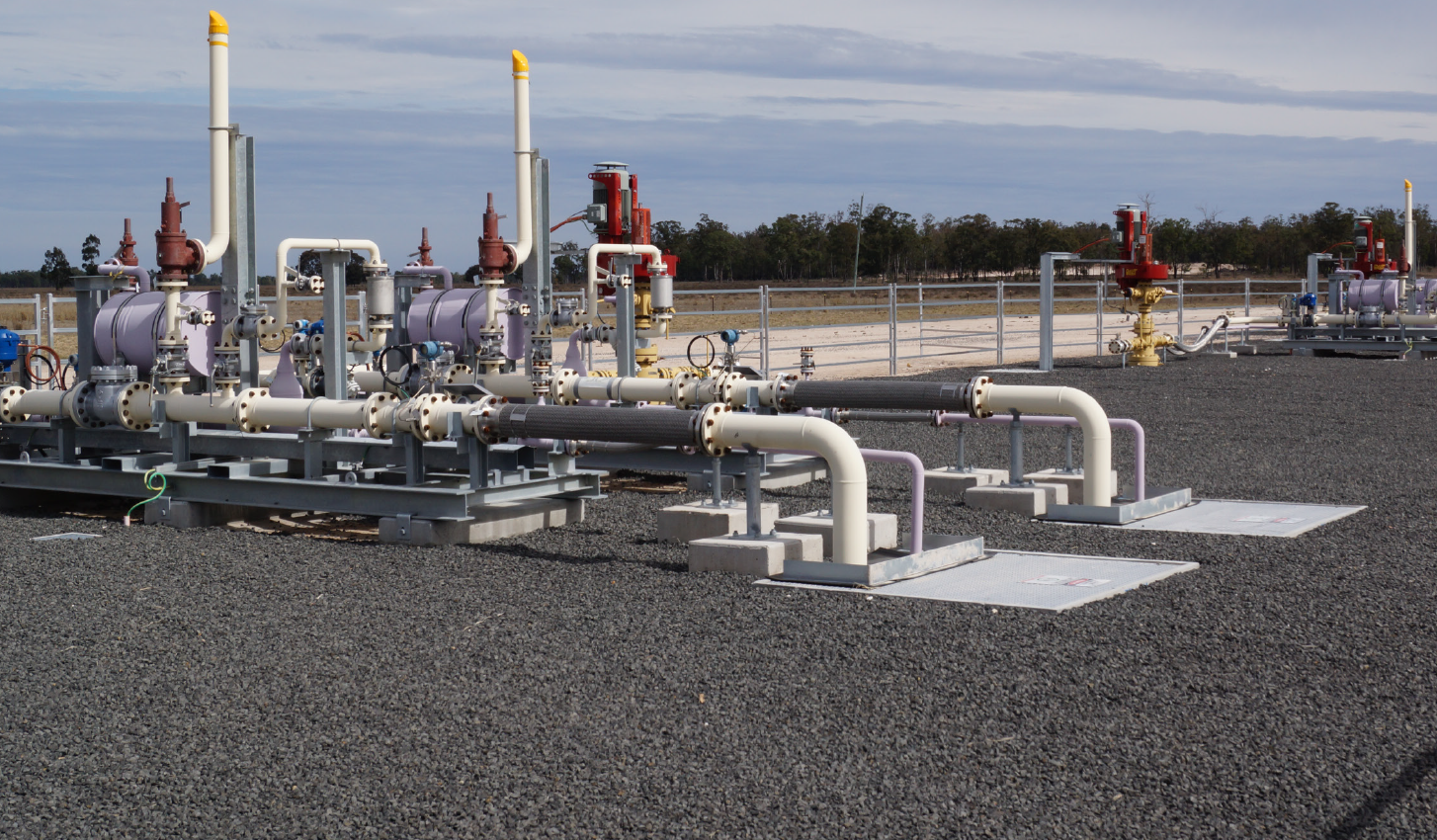Compliance
Regulation of the petroleum and gas industry in Queensland

Regulators have a range of compliance and enforcement options to address non-performance across the petroleum and gas industry.
Petroleum and gas activities in Queensland are regulated by a number of Queensland Government agencies, including:
- The Department of Natural Resources and Mines, Manufacturing, and Regional and Rural Development (NRMMRRD) with respect to tenure and land access;
- Resources Safety and Health Queensland (RSHQ) which is an independent statutory body that regulates the safe operation of the resources sector;
- The Department of the Environment, Tourism, Science and Innovation (DETSI) which protects and manages the State’s environment and natural resources;
- The Department of State Development, Infrastructure, and Planning (DSDIP) which administers the Regional Planning Interests Act 2014.
These regulating agencies manage and monitor risk through a range of assessment, compliance, investigation and enforcement activities.
Department of the Environment, Tourism, Science and Innovation
During FY23, one of the strategic compliance focus areas targeted petroleum (including CSG) activities in relation to the End of Waste Framework where interactions with operators focused on improving their understanding of the End of Waste Framework and their obligations as registered resource producers or associated resource users. Another compliance area was in relation to environmental offsets and disturbance to environmentally sensitive areas to ensure that requirements were being met. This resulted in a number of compliance actions and is expected to have a positive impact on operator performance in future.
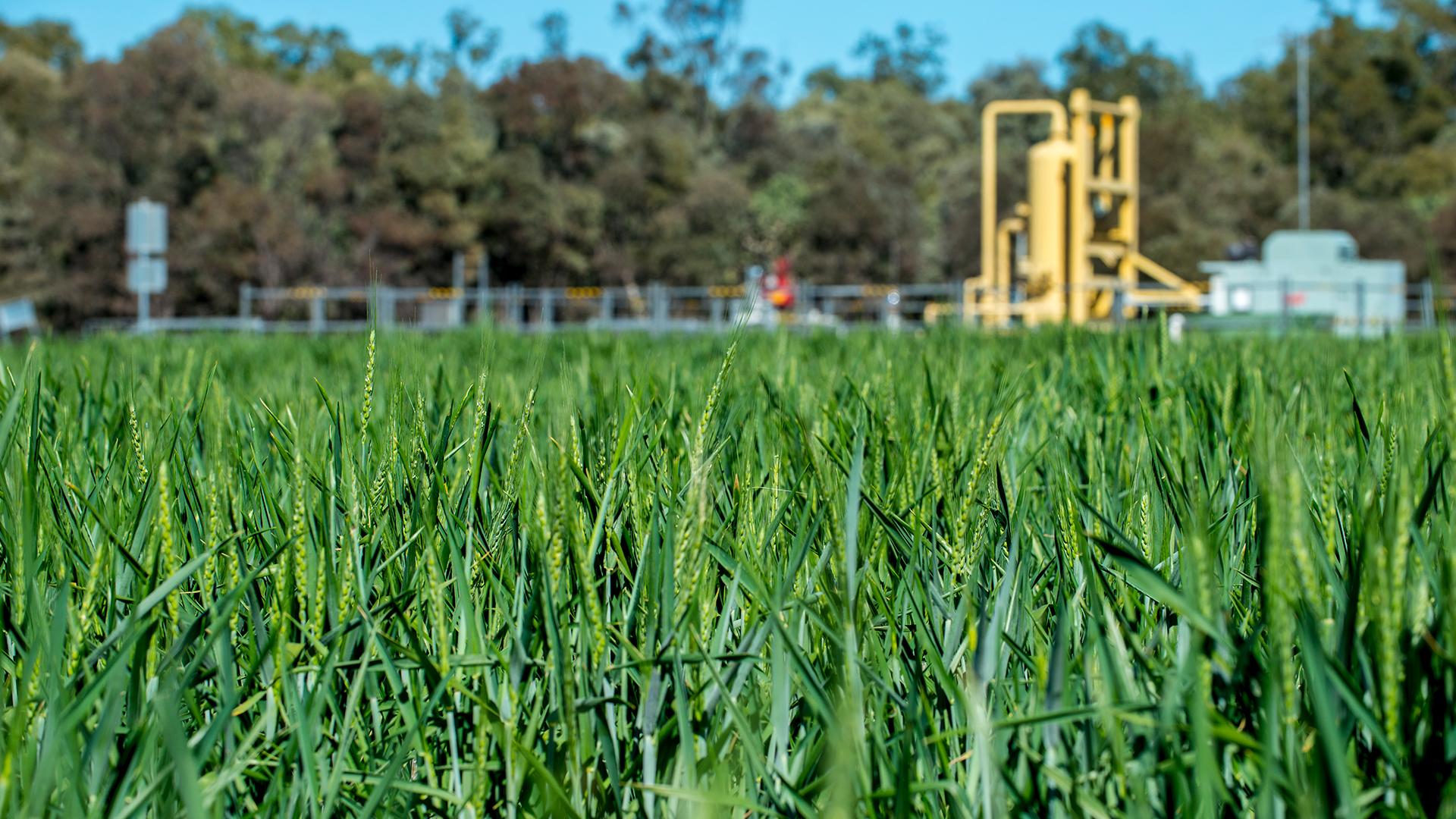
The Department of the Environment, Tourism, Science and Innovation’s approach to ensuring compliance with its legislation includes both reactive (in response to a complaint or incident) and proactive (planned activities including set clear expectations, publishing guidance material and supporting information) actions, which include:
- educating individuals, industry and governments about the laws and how to comply with them encourage voluntary compliance with obligations
- monitoring compliance
- rewarding good performers
- responding to breaches of the legislation with consistent and proportionate enforcement action.
It is the responsibility of environmental licence or permit holders to comply with the strong environmental standards and obligations required by law and – where a potential environmental risk has been identified – to have appropriate and effective control measures in place to minimise the potential for environmental harm.
Drilling of wells and completion activities may result in community reports about noise or light intrusion (environmental nuisance). However, these activities are often subject of a Conduct and Compensation Agreement (CCA) or alternative arrangements between the Environmental Authority (EA) holder and landholders.
Following completion of construction work for major infrastructure items, reports are more likely to relate to associated water released from failed water pipeline valves, vents and well head separators and seals. As resource companies have identified items at higher risk of failure, strategies have been applied to replace those items or implement improved servicing and maintenance procedures to minimise this risk.
Enforcement measures taken by the Department of the Environment, Tourism, Science and Innovation since FY14
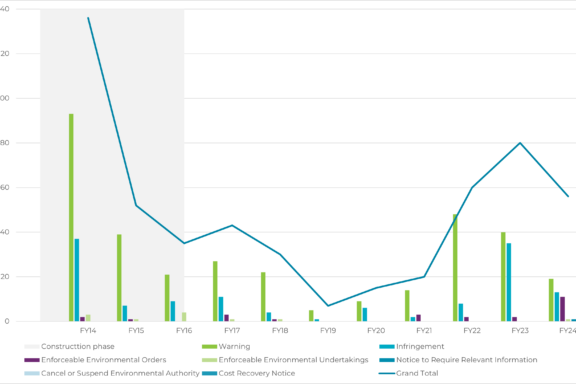
The highest frequency of enforcement measures being applied coincides with the peak of industry construction activity (see graph above), and correspondingly the peak of incident reporting during FY14 (see graph below).
Reports and notifications to the Department of the Environment, Tourism, Science and Innovation
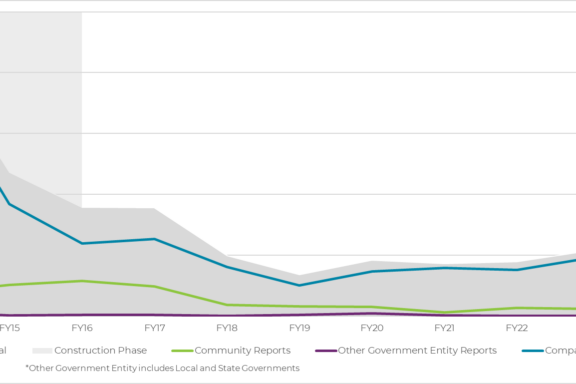
Department of Natural Resources and Mines, Manufacturing, and Regional and Rural Development
The Department of Natural Resources and Mines, Manufacturing, and Regional and Rural Development administers a range of legislation that forms part of the regulatory framework that manages the use of – and access to – Queensland’s mineral and energy resources. The Engagement and Compliance Unit (ECU), a business unit of the Department of Natural Resources and Mines, Manufacturing, and Regional and Rural Development, deals directly with enquiries and complaints made about mineral and energy resource activities in Queensland, including petroleum and gas activities. A total of 2,173 petroleum and gas enquiries and complaints were received by ECU over the last ten years.
In FY23, the ECU received 102 petroleum and gas enquiries and complaints, bringing the total petroleum and gas enquiries and complaints received by ECU over the last ten years to 2,173. The most common subjects stemming from enquiries over the last two financial years were governance and CSG operations. The most common subjects in complaints were related to CSG operations and environmental services. As of 30 June 2023, all active enquiries and complaints had been resolved. CSG operations complaints have been steadily reducing since FY21, when there was a spike due to deviated drilling. To provide further clarification for tenure holders and landholders regarding rights and responsibilities, the Department of Natural Resources and Mines, Manufacturing, and Regional and Rural Development published a factsheet in August 2021; Considerations when accessing private land to carry out directional drilling on adjacent land. The factsheet sets out the regulatory framework for resource authority holders to access private land to carry out directional drilling activities on adjacent land and landholder rights that apply in that scenario.
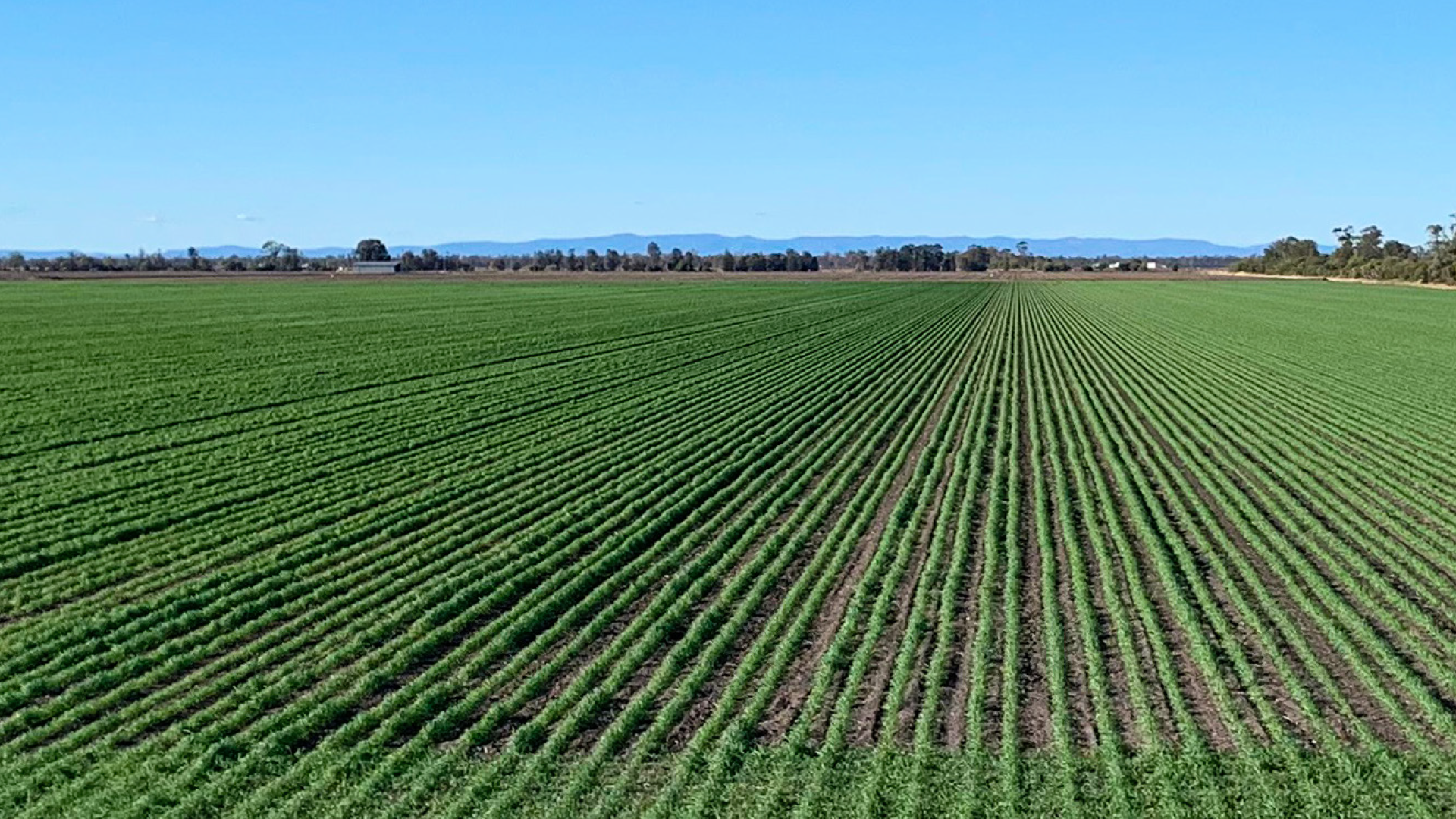
Enquiries received by Georesources’ Engagement and Compliance Unit
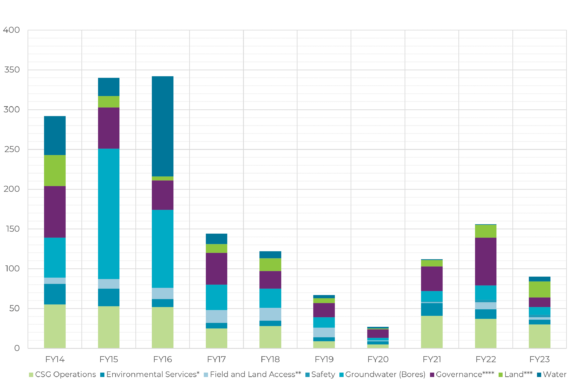
Complaints received by Georesources’ Engagement and Compliance Unit
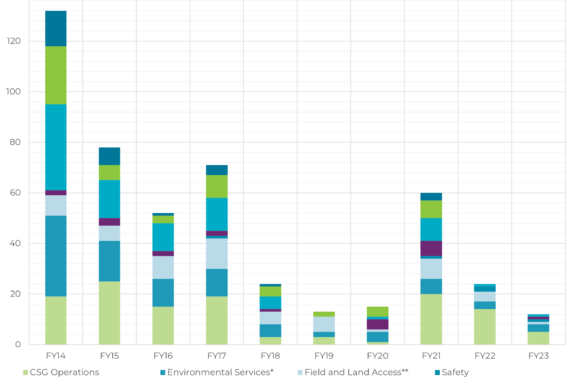
* Environmental Services: referrals to the Department of the Environment, Tourism, Science and Innovation
** Field and Land Access: includes property entry and access issues and the land access code
*** Land: includes cultural heritage, erosion and vegetation clearing
**** Governance: includes, but is not limited to, matters concerning legislation, regulatory framework, government initiatives, public reports and communications.
It should be noted the department managed water up to 2020 as the Department of Natural Resources, Mines and Energy. Following machinery of government changes in late 2024, water is now managed by the Department of Local Government, Water and Volunteers.
Alternative avenues for petroleum and gas related enquiries and complaints
Stakeholder awareness and understanding of the petroleum and gas industry has also matured, with communities and industry becoming better informed through the effective delivery of engagement and compliance initiatives by the Georesources Engagement and Compliance Unit, other government agencies, private organisations, and the petroleum and gas industry itself.
As a result, information is now more readily available and stakeholders are better informed, consulted and supported regarding petroleum and gas activities. Additionally, industry and community now have better access to alternative dispute resolution and enquiry services through Coexistence Queensland and the Office of the Land Access Ombudsman (LAO).
Petroleum and Gas Inspectorate
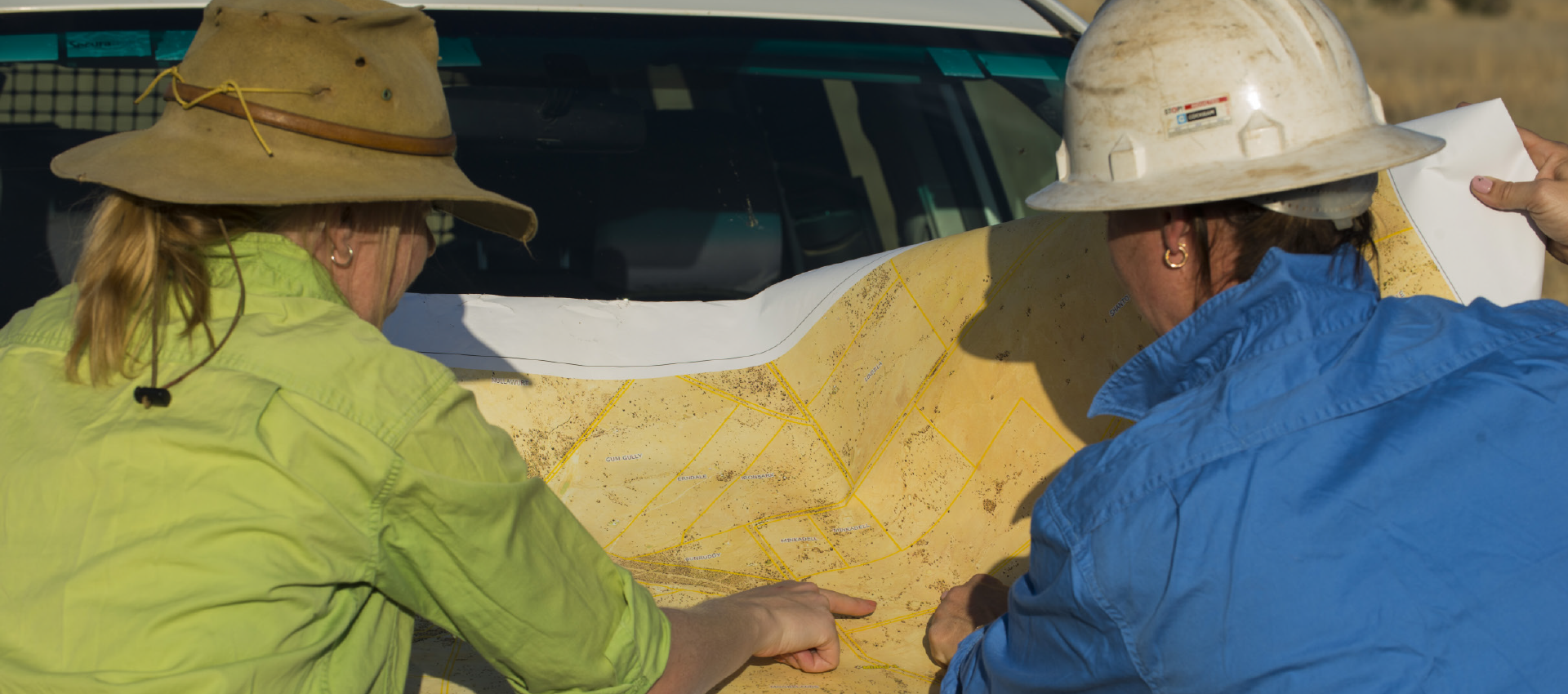
The Petroleum and Gas Inspectorate (the Inspectorate) is part of Resources Safety and Health Queensland (RSHQ), an independent statutory authority. The Inspectorate carries out a compliance assurance program each year that covers aspects of safety and health in upstream operations. RSHQ publishes quarterly compliance data on the number of audits, inspections and complaint investigations that have been conducted across the petroleum, explosives, mining and quarrying sectors.
RSHQ and the Inspectorate encourage open reporting and wish to facilitate a reporting culture to help control hazards and reduce risks. Incident reporting, especially for high potential incidents, can help ensure early warning signals of impending incidents are captured and disseminated to industry. Additionally, it will provide the best opportunity to identify hazards before they cause harm and ensure they are effectively controlled.
Petroleum and gas compliance data

During FY23 period, 11 of the 61 audits were conducted as part of the petroleum well regulation. The focus of these audits was grouped into the following high-risk areas; Well construction (3 audits), abandonment (2 audits), hydraulic fracturing (1 audit) and well integrity management systems (5 audits).
CSG well specific compliance data
Overview of CSG well compliance under the construction and abandonment code of practice through FY20, FY21, FY22 and FY23

Number of CSG Well Statutory Notifications
During FY23 there were 33 Statutory Notifications, 3 notifications for failure to meet cement objectives and 30 well integrity notifications. This was a decrease in comparison to the previous year’s data, these notification requirements have only been required since 2020, as such this needs to be considered in any forecasting from the information.
Number of Completed CSG Well Inspections
During FY23 inspection program 212 wells were inspected, these inspections yielded 30 wells with areas for improvement. These wells required the following improvements or rectifications: 43% required signage or housekeeping improvements, 27% required rectification non-compliant surface equipment, 17% required rectification of non-compliant P&A requirements, and 13% required rectification of active gas leaks.
Land Access Ombudsman
The Land Access Ombudsman (LAO) opened in September 2018 with specific functions to investigate alleged breaches of Conduct and Compensation Agreements (CCAs), Make Good Agreements (MGAs) and make practical recommendations to resolve disputes.
The table below highlights the number of enquiries related to all resource activities (petroleum and gas related activities are shown in brackets), that were received by the LAO since operation commenced on 14 September 2018, up to the end of FY24.
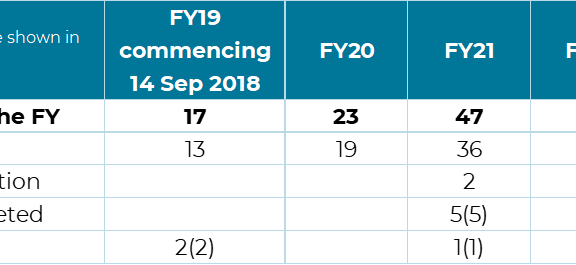
In FY24, there were 4 enquiries about a possible dispute referral which concerned petroleum and gas related activities. Preliminary enquiries were conducted into these 4 enquiries however these did not progress to investigations. The preliminary enquiries investigated topics including:
- Renegotiation of compensation set out in a CCA; and
- Amending a CCA for new access.
